Description
About the Author
Jaun Elia was a notable Pakistani Urdu poet who was widely praised for his unique style of writing. He was the brother of renowned journalist and psychoanalyst Rais Amrohvi and journalist and world-renowned philosopher Syed Muhammad Taqi. He was the husband of famous columnist Zahida Hina. He was a man of letters, well-versed in Arabic, English, Persian, Sanskrit, and Hebrew.
Jaun Elia was born on December 14, 1931, in an illustrious Amroha, Uttar Pradesh family. He was the youngest of his siblings. His father, Allama Shafiq Hasan Elia, was deeply involved in art and literature and was also an astrologer and a poet. This literary environment modelled him along the same lines, and he wrote his first Urdu couplet when he was just 8.
Jaun was very sensitive in his early teens. His preoccupations in those days were his imaginary beloved character, Sophia, and his anger at the English occupiers of India. He used to do dramatic presentations of the early Muslim period, and hence, his knowledge of Muslim history was recognized by many. According to him, his early poetry reflected the dialogue nature of stage drama.
A close relation of Elia’s, Syed Mumtaz Saeed, recalled that Elia also went to Syed-ul-Madaris in Amroha, a Madressah (Koranic school). “Jaun had a way with languages. He could learn them effortlessly. Apart from Arabic and Persian that he had learnt at the Madressah, he acquired great proficiency in English and a smattering of Hebrew.”
During his youth, the united India was involved in a Muslim-Hindu feud, which led to the partition of the country on religious lines once British rule ended. Being a Communist, Elia was averse to the idea but finally accepted it as a compromise. Elia migrated to Pakistan in 1957 and made Karachi his home. Before long, he became popular in the literary circles of the city. His poetry, which bears ample testimony to his wide-ranging reading habits, won him acclaim and approbation. Poet Pirzada Qasim said: “Jaun was very particular about language. While his diction is rooted in the classical tradition, he touches on new subjects. He remained in quest of an ideal all his life. Unable to find the ideal eventually, he became angry and frustrated. He felt, perhaps with reason, that he had squandered his talent.” He was a prolific writer, but could not be convinced to publish his work. His first poetry collection Shayad (an Urdu word which means “Maybe”) was published in 1991, when he was 60. The poetry presented in this collection added Jaun Elia’s name to the Urdu literary canon forever. Jaun Elia’s preface in this collection provided deep insights into his works and the culture within which he was expressing his ideas. The preface can also be considered one of the finest examples of modern Urdu prose. It covered his intellectual evolution in different periods, and his philosophy of poetry, science, religion, etc. The second collection of his poetry Ya’ani was published posthumously in 2003. Afterwards, Jaun’s trustworthy companion Khalid Ansari has compiled and published his three consecutive collections, “Gumaan” (an Urdu word which means “Illusion”) in 2004, “Lekin” in 2006 and “Goya” in 2008, one more collection ‘Kyon’ is now under processing.
An eminent Urdu literary critic, Dr. Muhammad Ali Siddiqui has called Jaun Elia one of the three most eminent ghazal poets of Urdu of the second half of the twentieth century.
Jaun Elia was an unabashed open anarchist and nihilist in generally a conservative and religious society. His elder brother, Rais Amrohvi, himself a poet and influential intellectual, was brutally murdered, and ever after his death, Jaun was conscious about what he would say in public.
Jaun was also involved in translation, editing and other activities. He briefly worked as an editor with Ismaili Tariqah and the Religious Education Board (ITREB), in



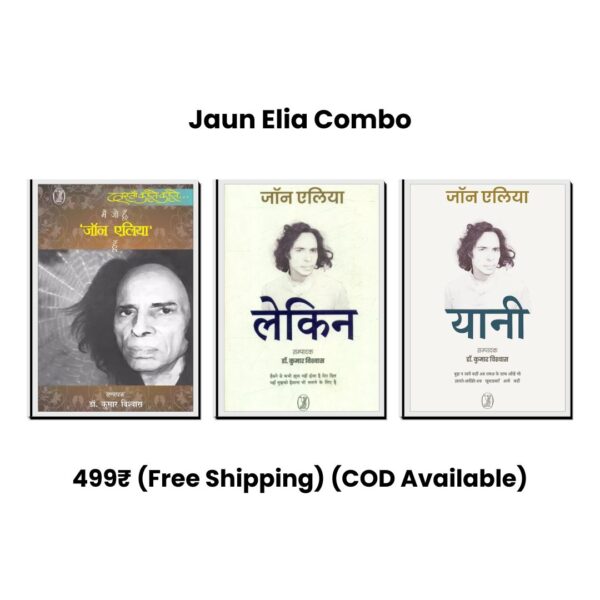
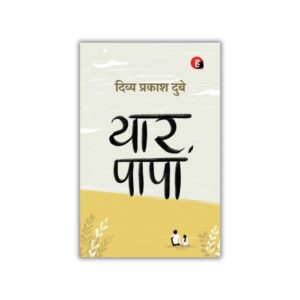
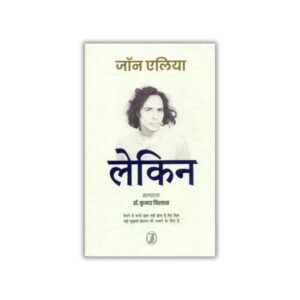
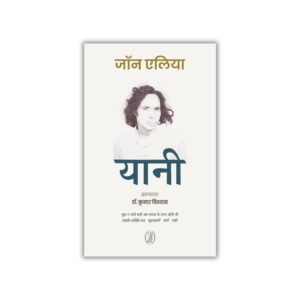
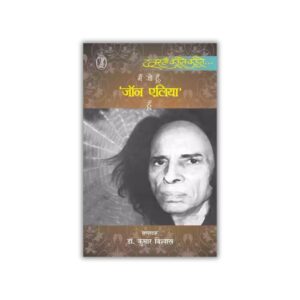

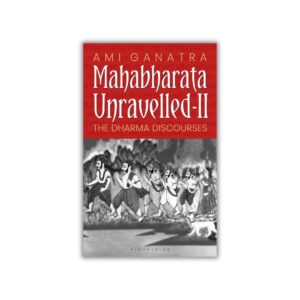
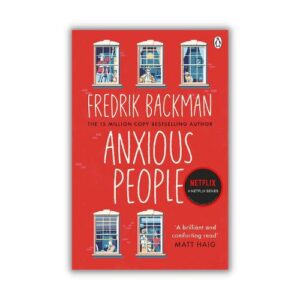

Reviews
There are no reviews yet.